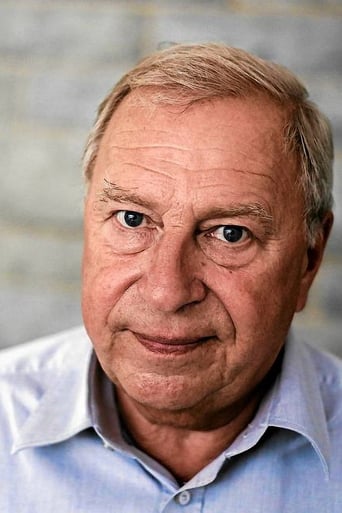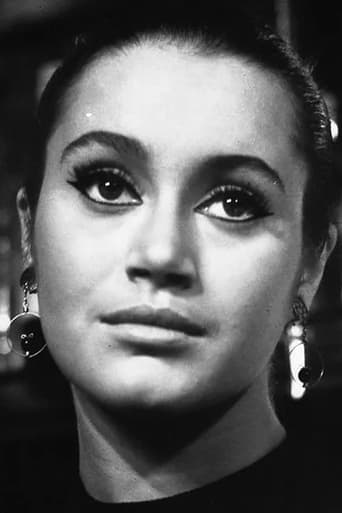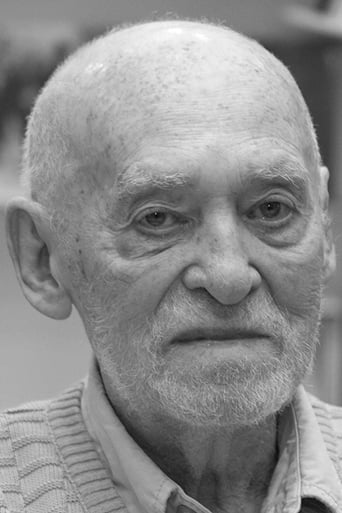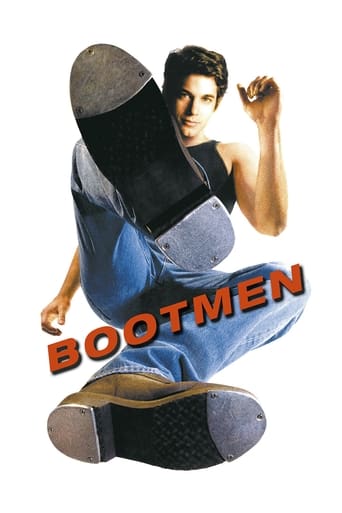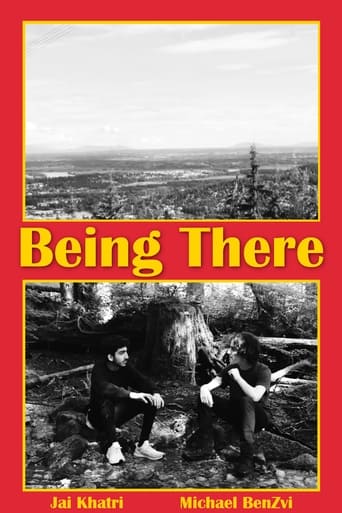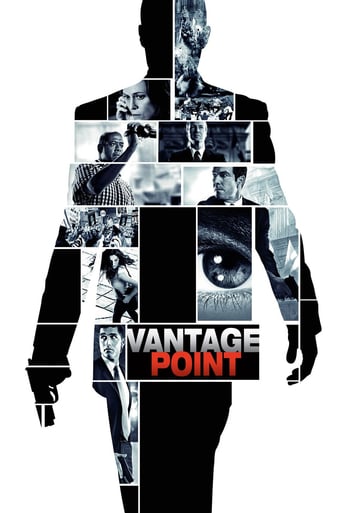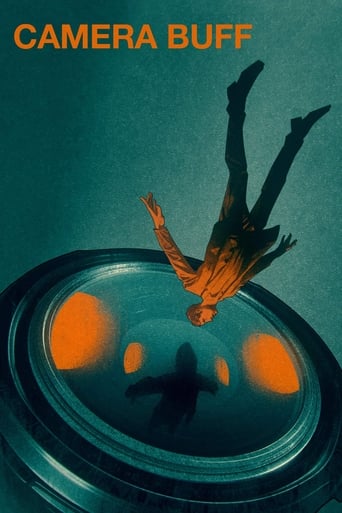
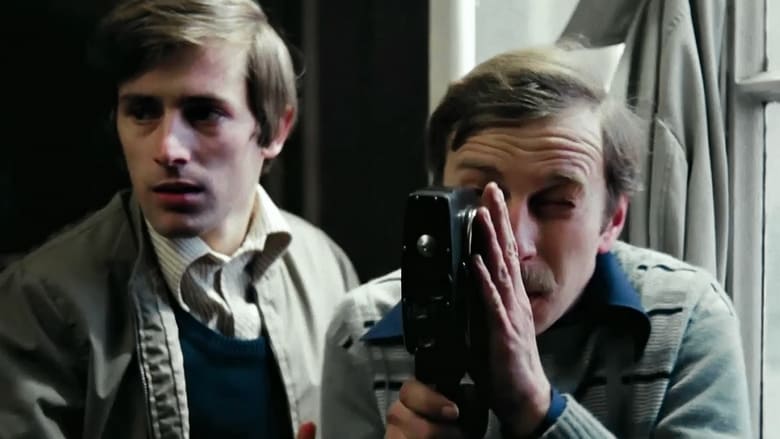
Camera Buff (1979)
Filip buys an 8mm movie camera when his first child is born. Because it's the first camera in town, he's named official photographer by the local Party boss. His horizons widen when he is sent to regional film festivals with his first works but his focus on movie making also leads to domestic strife and philosophical dilemmas.
Watch Trailer
Cast


Similar titles
Reviews
One of my all time favorites.
i must have seen a different film!!
The film never slows down or bores, plunging from one harrowing sequence to the next.
This is a small, humorous movie in some ways, but it has a huge heart. What a nice experience.
Krzysztof Kieslowski started his career by making documentary films. After he had made 9 documentaries he got the chance to make two feature films for the Polish television: Przejscie podziemne (1973) and Personel (1975). This allowed Kieslowski to direct his first film for theaters, Blizna (The Scar, 1976). The government of Poland didn't treat the film well, and it took about twenty years for anyone to see it. In 1979 Krzysztof made Amator (Camera Buff), a film about an amateur cameraman. Amator was his international breakthrough and it was awarded in the Moscow film festival.A well-earning factory man, Filip Mosz buys a 8mm movie camera to film his daughter's early childhood. When the managers of the factory notice Filip's camera, they ask him to make a film about the company's 25th anniversary party. The film unintentionally gets to a local small festival and leads Filip quickly to the world of art-house cinema. But the success has its price and it causes troubles in Filip's work and private life.Even in the very beginning of Filip's career he meets the problems of the Polish censorship. The film he made about the party should not have showed a mysterious eye-glassed man, pigeons on a window sale, businessmen going to the men's room or the performers getting paid. When Filip gets to an agreement with his boss, they get the film to the festival. The further Filip's career goes, the more he messes up with his private life. His wife, Irka Mosz is not happy about his new hobby, neither is his boss but he has to swallow the facts of Filip's 'success'After the first film Filip makes a film about a short stature man, who works at the factory. This doesn't please the boss and he tries to make Filip not to continue making it. While watching Amator, one cannot help but see the connections to Kieslowski's own career. Amator also studies the difficulty of art in Poland during 1970's. As mentioned above, Kieslowski had problems with getting Blizna (The Scar) to the theaters, and it certainly wasn't the only one. The authorities didn't like his documentaries either, but through their own tracks, they had an impact on cinema.Filip's dedication to cinema, makes his personal life hard and in result of that his wife leaves him. This leads Filip to the basic questions of making cinema, to the battle against the society's and his personal censorship. Amator is an ambiguous film with many layers and many meanings. It analyzes the difficult inner crisis in Poland, it researches the mission of cinema art and tells about the moments in the director's life. The earlier films of Kieslowski often got stuck with the Polish censorship and only after Amator he got his stable place in the European art-house cinema.But Amator certainly isn't a description of the harsh life of filmmakers. Krzysztof Kieslowski writes in his interview book, Kieslowski on Kieslowski that he doesn't think family life necessarily is hard because of cinema. One might have the very same issues, even how much time one would spend with one's family. Whether you're a factory worker or a film director. Perhaps the love given in small doses is much more intense, than love in big doses.Why does the amateur destroy his film in the end? Is it because he is tired of making cinema, the frustration and misery. But the ending agrees to give us an answer. Filip doesn't give up, he turns the camera to himself, to search himself, to study himself but also to continue making films. But why did Kieslowski show Filip destroying his film? Filip has got himself in a trap, from where he cannot move. He pleased the people he didn't want to, by making the film. Kieslowski says that he never had to destroy his work, but when he was making Dworzec (1981) the police wanted to check his camera if he had accidentally filmed a murderer. That was a time when Kieslowski could've destroyed his work, because helping the government without wanting to was something he never intended to do. So Amator is a very deep film with many meanings and purposes. Compared to Kieslowski's earlier feature film, Blizna (1976) Amator is much more complex, well written, personal and altogether well done. The audience gets to experience the magic of cinema at the same time with Filip. He sees the enormous ability of influencing and witnessing events - the fascination of creation.
Ah for the love of film In 2006, I was one internet flight ticket transaction click away from moving to the area of Poland for the duration, but didn't. The "good" reason being is that I suffered some seriously grave trepidation over the fact that I would need to have two months salary in the bank before I'd EVER raise enough capital to buy an 8 mm motion picture camera. And this was in 2006. Sadly, these hypertensive concerns about finances low, all sleepless nights over equipment I don't have, and from where in the heck is the next camera going to come turned out to be relative in the scope of things in a sick and cyclical sense- and after interfacing with the characters of Kyrstof Kieslowski's incredibly moving Humanist Dark-Dramity, Camera Buff, for an hour and half, I'm just now harboring more than a few serious regrets about not actually abandoning the competitive, spiraling nightmare that is Western Life when I had the chance.Camera Buff is a wonderful story about a factory worker Filip (Jerzy Stuhr); a man who, in his thirties, begins to see life anew through the view finder of a small gauge movie camera. Originally purchased for "two months salary," which "pissed his wife off" to document his newborn daughter's first few steps, the 8 mm camera is quickly realized as something more useful than just a device for making home-movies. The narrative's tension is organized specifically around the reaction to the films of the institutional power structures and forces around Filip that essentially commissioned, financed, and instigated the films themselves along with Filip's newly discovered and unyielding passion for creating them as he sees fit.If you view the Kino Video DVD release of this film, perhaps even more profoundly affecting than the feature as an augury of hope for the human race is the sixteen minute black and white documentary entitled Talking Heads in which Kielowski conducts helter-skleter a multitude of fifteen second interviews about "who you are" and "what you want" with Polish citizens, age zero to one-hundred, across all walks of life starting at the year 1979 with a little gurgling baby. In all, it's wonderful material and has me seeking out more Kieslowski.
Filip Mosz is a typical polish man. His wife is pregnant, he has a modest job, and all he expects from life is tranquility. That is until he buys a camera to record his newborn daughter, month-by-month evolution. He has the first camera in town, his boss hears about that and asks him to document a business meeting they will be having. This is the beginning for Filip, from this on he begins to get more and more hooked up by films. Mosz is a character that was born to the camera, his naive and curious look give his film an award at the business film festival, and after that he go for his filmmaker side at full throttle. His films begins to get more sophisticated, and he starts knowing people from the business and getting good reviews. Near the end his boss take him for a walk, and they talk about the repercussions of Filips films on the town. At first Filip is mad at his boss, for it was not the first time the he would try to impose him censure for one of his movies. The thing is that for his new movie people Filip cares about will have a bad time. He finds out that what he does as a film-maker has consequences for many people, some good, some bad. And the thing is he can't control the interests, there will always be people who be affected negatively. So this film, has under the first look a discovery and later a dilemma, tat the main character has to attend. HE founds out that you can't be reckless when making movies, you have to be aware of what you may cause. There are things you want everybody to know, but sometimes it is best that this not happen. You can't be impartial, you ca~'t have a neutral camera, for a camera will always be the point of view of someone, not reality itself. So he has this dilemma : if he keep doing this, his acts will have consequences, consequences which he can not tell what will be.The end of the movie is great too, very much like kieslowski. in the end, when he has decided to end with film-making. He turns the camera to himself, no longer being an spectator, but taking part of the action. SHe has been an expectator all along, as we can see with his wife. He goes away and he does nothing really about it. Things happen around him but he don't get very affected, until he switch positions.
One of the most ambitious early works of Kieslowski, AMATOR, or CAMERABUFF is a great work, sadly not too well know by the world. I accidentally stumbled upon this film at my local video store, and noticed that Jerzy Stuhr was on the cover (the lead role). i have always liked Stuhr's acting, so i decided to pick it up. i also noticed that this was a film by K. Kieslowski, giving me even more reason to take this film out. after popping this movie into the VCR, the first thing that caught my eye was the beautiful, yet fore-shadowing, close-up, sun lit shot of the the bird (a recurring camera technique used by Kieslowski). the film was shot in a very minimalistic, and the narrative was very involving. Fascinatingly enough, the film starts out at a "high point", where all the characters seem at peace and ease, and then plunges down to a miserable low. the feeling at the end of the movie is in-describable... i recommend this Krzysztof Kieslowski film anyone really interested in his work. it was a very good early piece.


